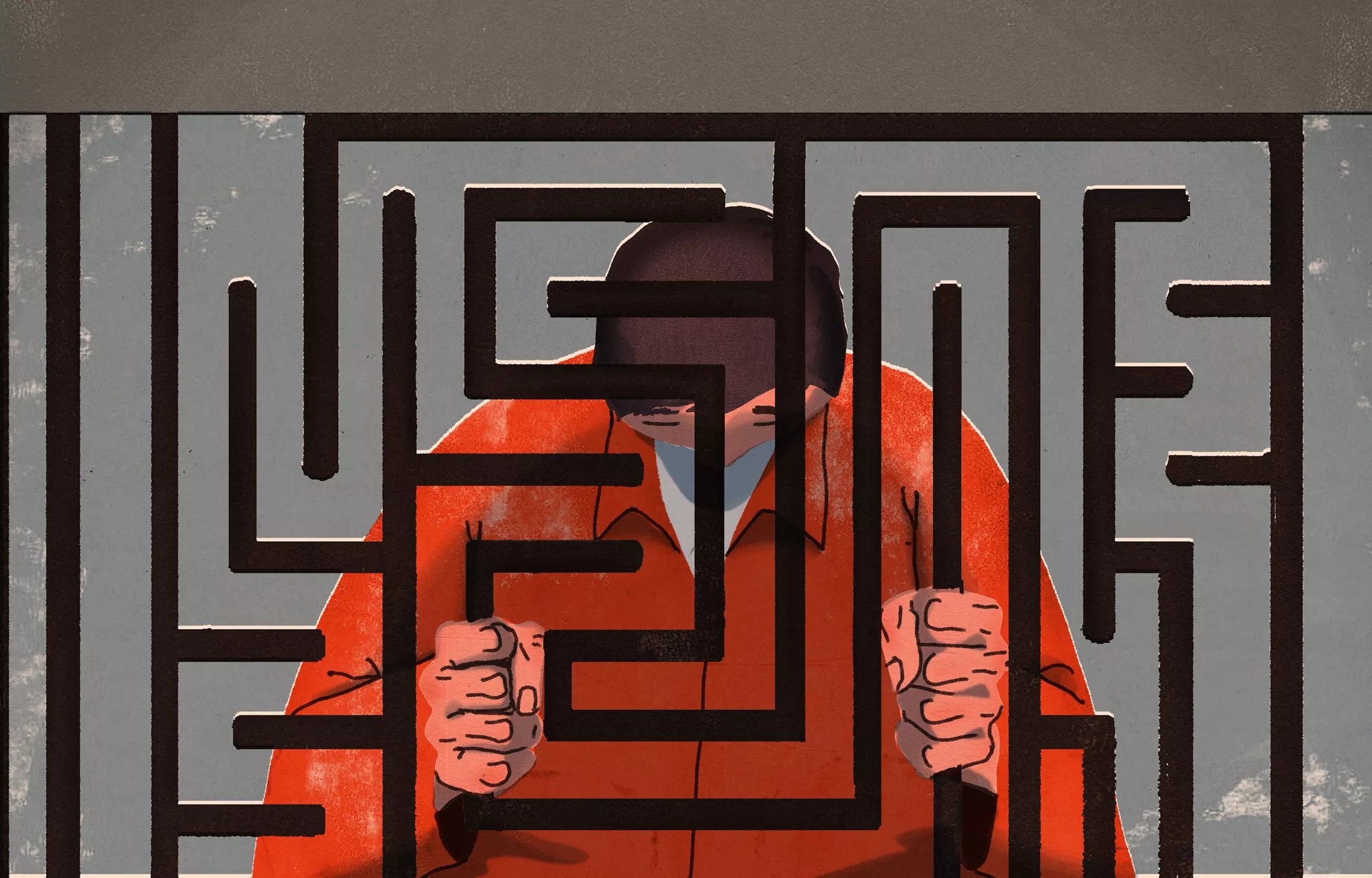
Pablo Iglesias

Audio By Carbonatix
Dallas County commissioners are putting the state on notice over a lack of mental health beds for people behind bars who’ve been found incompetent to stand trial.
On Tuesday, the county sent a letter to the attorney general’s office and the Texas Health and Human Services Commission’s top executive and chief counsel. Commissioners are asking the state for more than 300 mental health beds within 30 days, or they will file a lawsuit.
Dallas County Judge Clay Lewis Jenkins put the total number of such inmates at 382, as of the end of December. He said it’s the state’s responsibility to try to help them return to competency so they can eventually stand trial.
Competency restoration services are stretched thin throughout Texas, according to KERA. Inmates who haven’t yet been found guilty may be left in county-jail limbo until a state hospital slot becomes available.
“We’re housing people that are mentally incompetent, that we don’t have the intensive services to best address. The state has the best way to address that, and the legal obligation to address it,” Jenkins told the Observer. “And that cost our local taxpayers … a little under $800,000 for the month of December to house those folks that the state was supposed to pick up.”
Jenkins said that money could instead be used to fund other initiatives such as social services, rental assistance for hundreds of local families and even items like an expansion to a local bike trail.
Something else the county could do if the state steps up, Jenkins said: levy lower taxes.
If the state doesn’t come to a resolution with Dallas County, though, Jenkins said commissioners will have to flex some legal muscles. Without naming names, he added that other counties are looking to join in the effort.
For victims who want their day in court, the wait for a defendant’s competency to be restored can be frustrating, Jenkins noted. It’s also bad for the inmates themselves, some of whom may not actually be guilty of the crime with which they’re charged.
“You may have mentally fragile, innocent people there that are just stuck in jail because they’re not getting the services that they’re required to from the state,” Jenkins said.
The Observer didn’t hear back from the attorney general’s office by publication time, and HHSC declined to comment.
“I just hate to see taxpayers’ dollars keep being wasted in lawsuits.” – Krish Gundu, Texas Jail Project
Earlier this month, FOX 4 reported that Dallas County commissioners sought to release more non-safety-risk defendants by adjusting the pretrial release program. They hoped that the move would help decrease overcrowding in jails.
Meanwhile, in an effort to attract staff, HHSC announced on Tuesday that it would be boosting pay for employees at state-supported living centers and state hospitals. Because of workforce problems, more than 700 state hospital beds are currently offline, and such facilities currently count some 1,805 staffing vacancies.
Gov. Greg Abbott emphasized the need for a “highly skilled, well-trained healthcare workforce” in a statement on the agency’s website.
“By increasing salaries and wages to be more competitive, HHSC is addressing critical staffing needs and bringing more hospital beds back online,” he said. “Together, we are bolstering recruitment and retention of the best and brightest health professionals to serve Texans in our state hospitals and state supported living centers.”
Krish Gundu, co-founder and executive director of Texas Jail Project, said via email the issue of defendants awaiting restoration while languishing in county jails is a “crisis across the state which has been in the making for a while. And it’s very much a self-inflicted crisis.”
Yes, Texas could have acted more quickly to get those hundreds of beds back online, she said – but local officials aren’t without blame.
Instead of letting it get to this point, counties should have demanded accountability and data from mental health authorities to figure out how to offer care in the proper settings instead of in nursing homes or jails, Gundu said. They also could have invested in programs to help prevent people with mental illness from winding up behind bars in the first place.
“We could have been doing a lot more in the community to prevent this crisis before we criminalized our community members,” she wrote. “But now that we’re here, counties should be asking to partner with the State to see how we can bring those 700+ beds that are offline by urgently funding the 2,000+ staff vacancies. And the State should be working on options for the long-term population (365+ days) in the state hospital system, which is currently well over 50 per cent.”
In a subsequent email, Gundu added: “On second thoughts, maybe every county should sue to force the state to bring those 700+ beds back online. Maybe that will force the state’s hand. I just hate to see taxpayers’ dollars keep being wasted in lawsuits.”